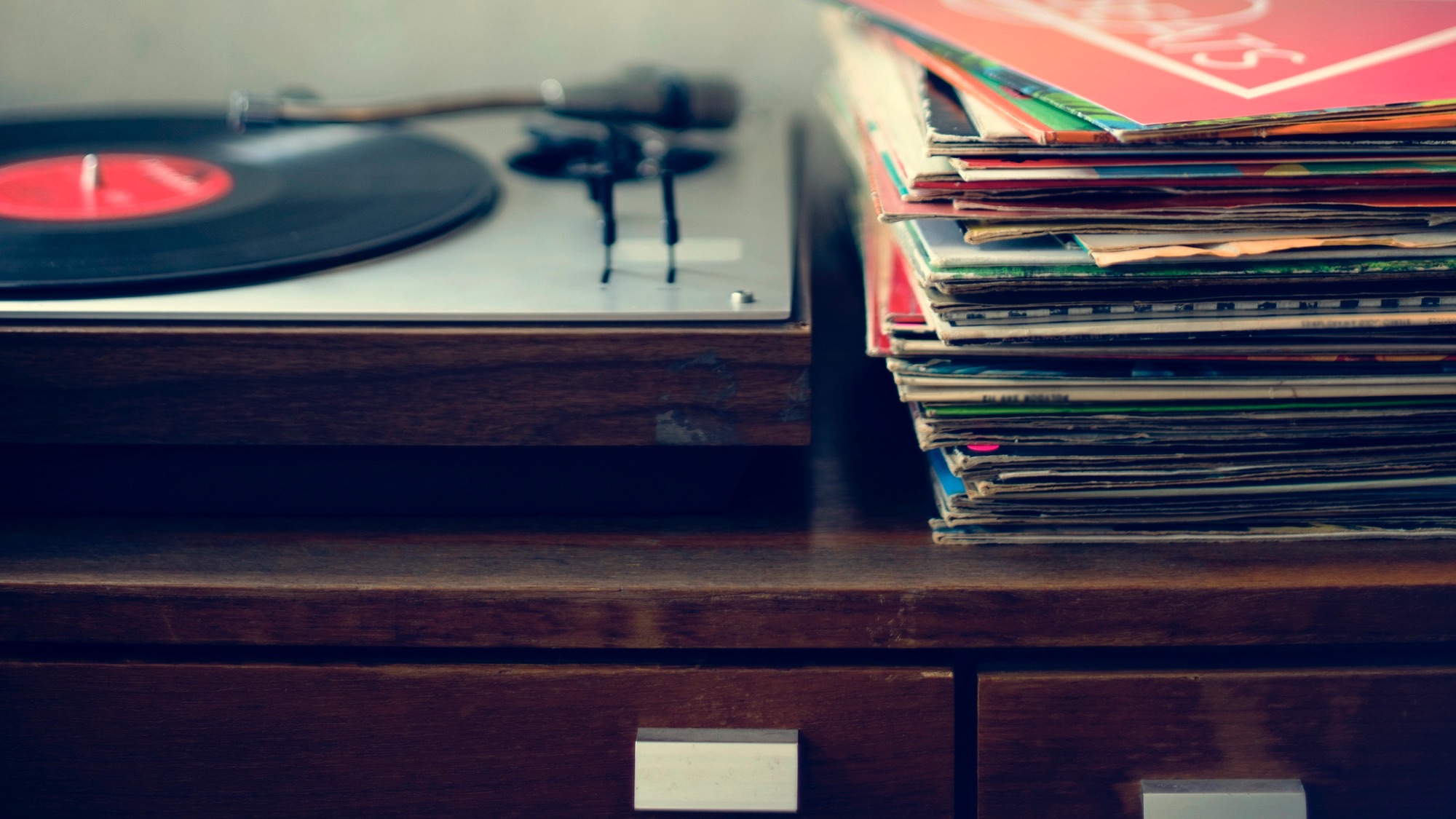

We may earn revenue from the products available on this page and participate in affiliate programs. Learn more ›
Vinyl sales are trending up. The RIAA reports that in 2023, 43 million records were sold in the US versus 37 million CDs, the second year this was true. The difference is even more staggering when you look at revenue: Vinyl sales that year earned. $1.4 billion, which is 71 percent of physical sales overall. Customers paying for downloads of songs, meanwhile, accounted for $434 million, less than a third of vinyl.
Put simply: Vinyl is the most popular way to buy music. Now, to be clear, the revenue from all sales combined is insignificant compared to streaming, which pulled in $14.4 billion in 2023 (84 percent of record industry revenue). People overwhelmingly prefer to rent music than to buy it.
Even so, I find the rise of vinyl fascinating. A growing number of people are willing to pay more for a less convenient way to listen to music. You can’t listen to records in your car, for example, and lugging them on a plane trip is going to be annoying. So why are people buying records at all?
I’ve written about why DVDs and Blu-Rays are better than streaming and physical copies of video games are better than digital ones, and I think these arguments all hold. Put simply, it is nice to own something instead of merely renting it from a streaming service. But why records over CDs?
You might expect me to talk here about the improved sound quality of vinyl over streaming and CDs, and a certain kind of journalist would do that. And, to be clear, lots of people prefer the sound of vinyl, but I couldn’t find any clear research that shows it’s clearly superior.
They’re a great way for fans to support artists
People are broadly aware that streaming, while convenient, isn’t a great way to support artists. Weird Al once joked that 80 million streams could earn him $12, enough to buy a sandwich. It’s not too far from the truth—artists tend to earn less than half a cent on each stream. That can add up for some artists, sure, but your favorite local indie band probably isn’t going to make much. If you buy a record, though, they get a much higher cut of the sale. It’s one of the best ways to support an artist you care about.
[Related: The best turntables under $500 (and one that isn’t)]
Now, this also benefits artists who are already making a lot of money. Taylor Swift made up 7 percent of all vinyl albums in 2023, according to Forbes, in part because fans wanted to support her and ensure that her albums stay at the top of the pop charts. Artists, including Swift, have also been known to issue multiple versions of the same record in order to increase sales, as hardcore fans clamor to complete their collection.
Both of these dynamics are a factor here. The point is that music fans want to support artists and records offer a clear way to do that.
The art looks great
Record jackets are big, which means the art really stands out. It might sound silly but I think this is a big part of the appeal. You can hang a dust jacket on your wall—people build shelves precisely for this. It’s a way to show off albums you like, similar to a shelf full of books. But the bigger size also allows you to appreciate the art more.
Streaming services have reduced album art to a thumbnail, cramming it in the corner of the screen if you can see it at all. CDs aren’t much better. With a record the art, and the liner notes, are a lot easier to peruse.
Records just feel better
When the Apple Watch launched a decade ago some pundits predicted the end of the Swiss watch industry. That, if you haven’t noticed, hasn’t happened. Some of this is the luxury factor, granted, but I also think the fatigue of an overwhelmingly digital world makes people appreciate the beauty of a timepiece that is entirely mechanical.
There’s something similarly charming about records—the idea that you can shape a physical object in a certain way in order to recreate sounds. And there’s a ritual of deciding which album to listen to. It makes the experience feel more tangible. That’s a big part of the appeal.
The pros of CDs are kind of irrelevant
Now, a lot of what I just argued could apply to CDs, which also have a lot of advantages over records. CDs are much more portable, for one thing, and unlike records can actually be listened to on the go. CDs are easier to rip to your computer, assuming you still have an optical drive, and they take up a lot less space in your house. CD players are cheap while record players are expensive. I could go on.
Here’s the thing, though: Almost every single argument for CDs over records is irrelevant in the age of music streaming. CDs don’t take up much space, granted, but you’re already carrying your phone and Spotify takes up no physical space. And people don’t really rip CDs anymore because of streaming. I could go on. The point is that every advantage CDs have over records are things that streaming does even better. If you’re going to commit to a less convenient way of listening to music, then, why not go all the way? Record buyers clearly agree. Now, I suspect most of the people buying records also pay for streaming services. But just because you like streaming music online doesn’t mean you don’t also want to physically own the music you love best. That’s why I fully expect to see vinyl sales continue to grow, even as streaming remains the norm.
